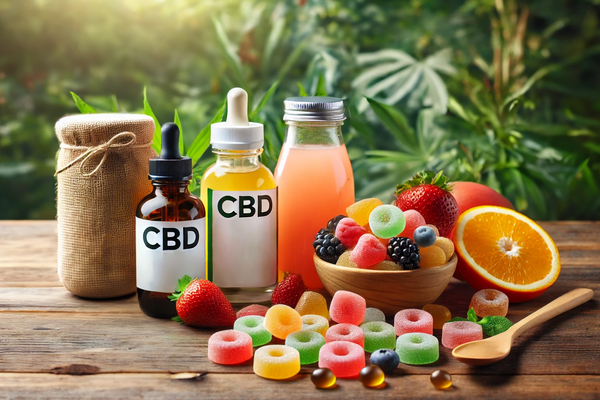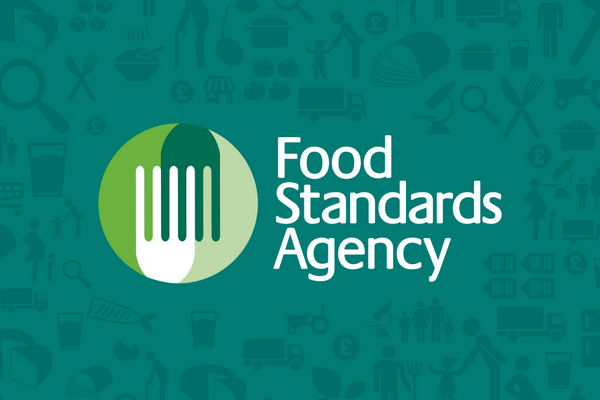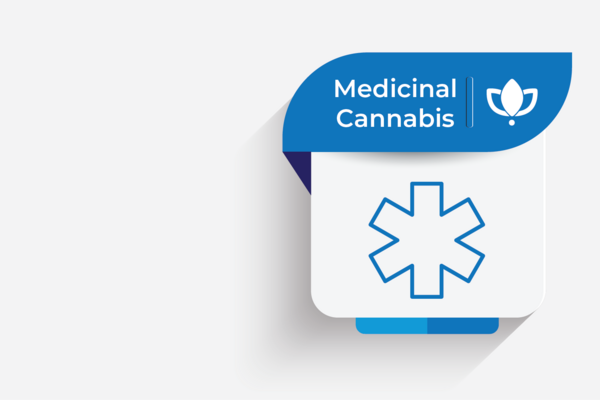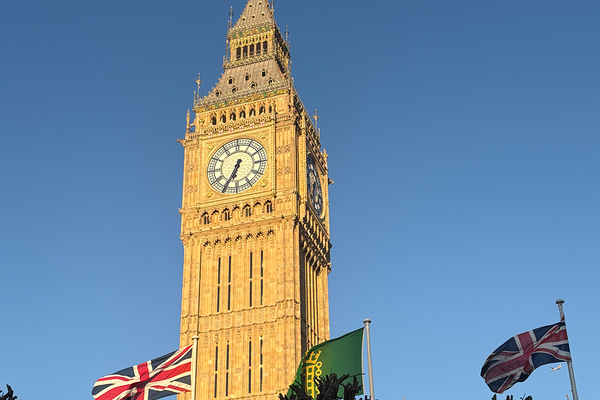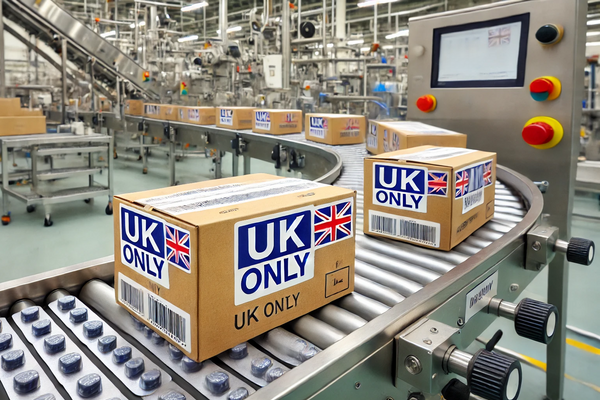The UK regulatory framework for CBD products has reached a significant inflection point. In April 2025, the MHRA reaffirmed its position on the classification of CBD, while the Food Standards Agency (FSA) issued a detailed response to industry stakeholders. The regulatory expectations are now clearer, stricter, and more aligned with scientific evidence and public safety. Below, we examine the key implications for the CBD industry.
1. Clearer Classification: Medical vs Food Use
The MHRA maintains that any CBD product making medicinal claims must be regulated as a medicine.
“We have come to the opinion that products containing cannabidiol (CBD) used for medical purposes are a medicine. Medicinal products must have a product licence (marketing authorisation)...”
— MHRA, 2016 (now withdrawn)
This classification remains in place under the 2025 statement. Businesses must ensure that their product descriptions, customer communications, and online marketing do not imply medicinal value unless they have the appropriate MHRA authorisation.
2. CBD as a Novel Food: No Authorisation, No Market Access
The FSA’s position has strengthened considerably, with all ingestible CBD products formally recognised as novel foods.
“CBD extracts are considered novel foods and should be subject to novel food authorisation before being placed on the market.”
— MHRA/FSA, 2025
“If and until Ministers decide to authorise these applications, all CBD food products remain non-compliant unless authorised.”
— FSA, March 2025 letter to CTA
Authorisation will now be granted only for products that meet Terms of Authorisation (ToA) specifications including conditions of use, safety data, and labelling. Businesses that are not linked to validated or progressing applications will face non-compliance.
3. Termination of Public List Tolerance
The FSA confirms that the CBD Public List is closed to new products and that no white labelling is permitted.
“The list will therefore remain closed to new products, and we do not allow further white labelling… the relevant local authority can consider taking enforcement action.”
— FSA, March 2025 letter to CTA
Retailers continuing to sell unlisted or newly introduced products risk enforcement action. The transitional period that allowed tolerated market presence is now firmly ending.
4. Sequencing and Delays: Quality Determines Progress
The FSA clarified that applications are assessed in the order they were received but only progress when dossiers are complete.
“Applications progress on merit, more quickly with better quality data.”
— FSA, March 2025 letter to CTA
Poor-quality applications have contributed to delays in authorisation. Only companies that provide comprehensive and high-standard dossiers will move forward.
5. THC Limits and Food Safety
Importantly, the FSA is preparing to publish food safety limits for THC in CBD products, under Exempt Product Definition (EPD) afforded by the Home Office.
“Our independent scientific advisory committees… are due to publish their findings… This advice will include a safe upper limit for THC.”
— FSA, March 2025 letter to CTA
“Limits for THC will be included in the Terms of Authorisation for each application.”
— FSA, March 2025 letter to CTA
This creates a two-tiered compliance requirement: satisfying food safety limits set by the FSA and observing drug control limits managed by the Home Office. The industry must prepare for a more complex regulatory model involving dual thresholds.
6. No Endorsement of Individual Product Lines
The FSA clarified that it will authorise applications, not individual products, and will not publicly endorse brand names.
“We do not authorise individual product lines… the FSA cannot be seen to endorse specific products offered on the market.”
— FSA, March 2025 letter to CTA
However, compliant businesses may refer to the novel food authorisation list, provided their product meets the exact conditions outlined in the relevant ToA.
7. No Special Consideration for Bulk Suppliers
Despite earlier lobbying, the FSA has confirmed that no fast-track or preferential treatment will be given to bulk ingredient suppliers.
“It was not appropriate to single out just bulk suppliers to be favoured in the sequencing.”
— FSA, March 2025 letter to CTA
All applications will be assessed by merit and completeness, regardless of business type.
8. Post-Authorisation: Compliance with Drugs Law Still Required
Even once a product receives food authorisation, it must still comply with UK drug legislation, including the Exempt Product Definition (EPD).
“This will require compliance with drugs law as well… Products using CBD as an ingredient must comply with their ToA to remain an authorised novel food.”
— FSA, March 2025 letter to CTA
Failure to meet EPD thresholds, even if food safety is established, could still result in a product being deemed unlawful under the Misuse of Drugs Regulations.
Conclusion
Taken together, the MHRA and FSA statements mark a turning point for the CBD industry in the UK. The regulatory regime is now unequivocally formalised: ingestible CBD is either an authorised novel food or a licensed medicine. The tolerance of ambiguity is over, and enforcement risks are real.
CTA members and other stakeholders are encouraged to take urgent steps to:
- Confirm whether their products are linked to validated applications
- Audit all marketing and labelling for compliance
- Review formulations against THC limits and the EPD
- Monitor developments in Terms of Authorisation and Ministerial approvals
The CTA will continue to support members during this critical period of transition and remains in active dialogue with the FSA, MHRA, and Home Office.

